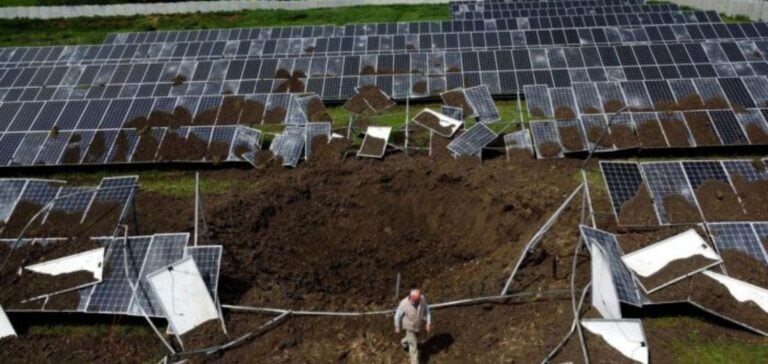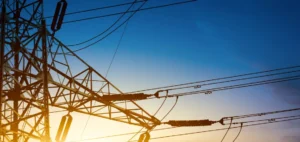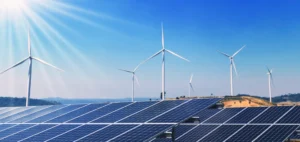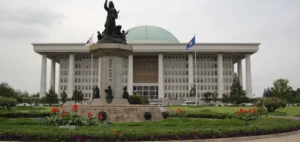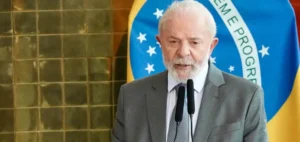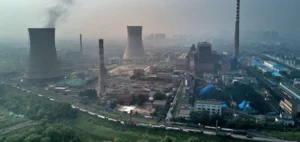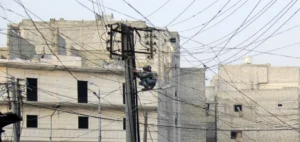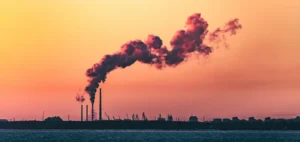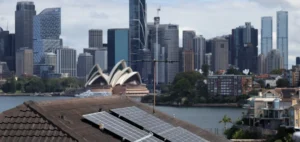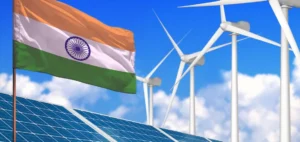Ukraine is implementing a $20 billion plan to increase the proportion of renewable energies in its energy mix to 27% by 2030.
This initiative follows the serious disruption to its energy sector caused by Russian attacks, which damaged around 50% of its production capacity.
The Ukrainian government is now turning to renewable energies to diversify its sources of supply and strengthen the resilience of the national energy grid.
The program aims to add 10,000 megawatts of new renewable capacity, including wind, solar and other alternative sources.
The aim is to reduce dependence on traditional energy sources while meeting today’s energy challenges.
At the same time, Ukraine continues to rely on its nuclear power plants, which remain the main source of low-carbon energy despite security concerns linked to the ongoing conflict.
Objectives and planned tenders
According to the plan, the share of renewables is to reach 33% in heating and cooling systems, 29% in electricity generation, and 17% in the transport sector by 2030.
These targets require significant investment and rigorous implementation.
The government is also planning several calls for tender to build new infrastructures, ranging from 5 to 700 megawatts, with commissioning expected by the end of 2027.
The projects are intended to compensate for capacity losses due to damage inflicted by the Russian strikes and to stimulate the growth of renewable energies.
The completion of these facilities is crucial to achieving the country’s energy diversification objectives and ensuring an adequate response to its energy needs.
Challenges and prospects
The challenges facing Ukraine include the need to rapidly modernize damaged energy infrastructure and attract investment despite an unstable geopolitical environment.
Concerns about the safety of nuclear power plants add a layer of complexity to this transition.
The attractiveness of the plan to investors will depend on the government’s ability to provide safety guarantees and favorable conditions.
At the same time, Ukraine needs to manage the risks associated with the implementation of renewable projects, while ensuring an efficient transition of its energy infrastructure.
The balance between the modernization of nuclear facilities and the development of renewable energies will be decisive for the country’s future energy stability.
The strategic shift towards renewable energies is taking place against a backdrop of post-conflict reconstruction, where every decision has an impact on the resilience and sustainability of Ukraine’s energy sector.


